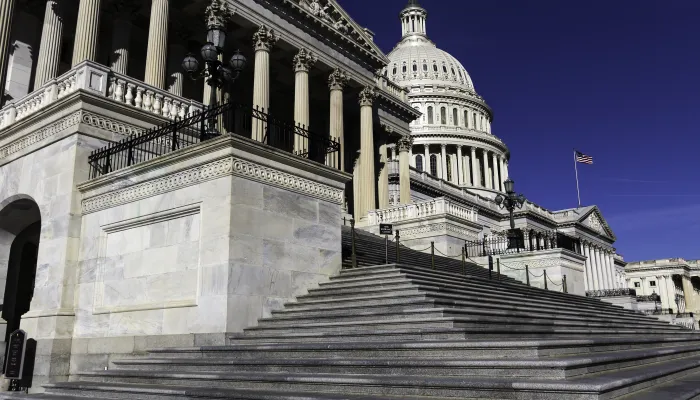Fixing Medicare Double-Counting
Donald Marron, who recently wrote a blog post on how budget limits are treated in Congressional rules, wrote a piece today detailing how Medicare Part A rules could be altered so that savings in Part A could not be used to both reduce the deficit and extend the life of the Hospital Insurance (HI) trust fund. Here's his take:
A better approach would adopt the rules used by Social Security. Those rules show Social Security running deficits far into the future in the budget baseline, but they still take the trust fund seriously when examining new legislation. Any proposed cuts to the program’s spending or increases in its revenues are “off budget”. The Congressional Budget Office reports them, but Congress can’t use them to pay for other spending.
A recent Senate bill provides a telling example. The bill would expand the type of income subject to payroll taxes in order to pay for a one-year extension of low interest rates on student loans. Those low rates would cost $6 billion, but the Senate proposal would raise $9 billion. The bill had to overshoot that much because $3 billion comes from higher Social Security taxes and is thus off limits. Meanwhile, the $6 billion in usable revenues comes from Medicare Part A, which is considered “on budget” despite having a trust fund just like Social Security’s.
That difference highlights the inconsistency in current budgeting. If policymakers believe the Part A trust fund is as sacrosanct as Social Security’s, they should provide the same budgetary protection: Part A savings should be off budget, where they couldn’t be used to pay for health reform, student loans, tax cuts, or anything else outside the hospital insurance program.
If Congress doesn’t believe the trust fund deserves that protection, it should adopt a third approach: make the Part A fund as operationally toothless as the one for Medicare B and D. Those programs spend much more than they receive, so their trust fund has unlimited ability to draw on general revenues. If the same were true for Medicare Part A, program changes could be used to pay for health reform (as they were in 2010) or anything else, just like any other mandatory program. But we wouldn’t have any confusion over whether those changes also extend the program’s ability to operate.
Read more that we have written about the Medicare double-counting controversy here, here, and here.


